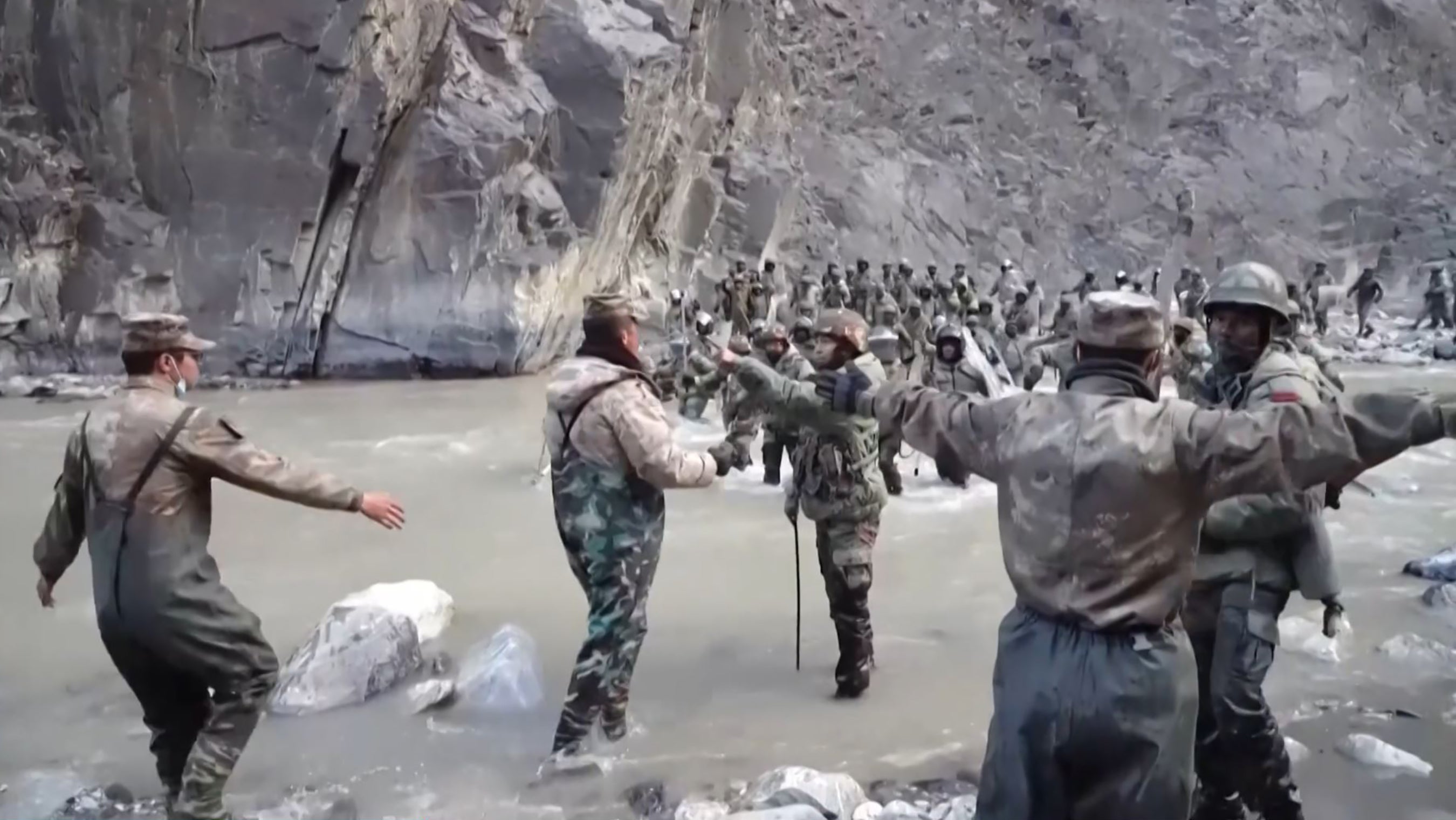The recent troop withdrawal between India and China at the Himalayan border signifies a monumental shift in their historically strained relations. As both nations, recognized as nuclear powers, make strides to de-escalate tensions, the world watches closely. This development is not merely a diplomatic formality; it marks the end of a four-year military standoff that has had implications for regional stability and international relations.
For many, this news is a beacon of hope, suggesting that dialogue and negotiation can overcome military confrontation. The backdrop is a complex tapestry of historical conflicts and recent clashes, notably the tragic events of May 2020 in Galwan Valley that claimed lives on both sides. With hundreds of troops now pulling back, the potential for a more peaceful coexistence is on the horizon.
As India and China take these crucial steps towards peace, analysts are keen to explore the ramifications of this agreement. The implications extend beyond mere troop movements; they touch on economic ties, regional security, and the broader geopolitical landscape. This moment could very well set the stage for a new chapter in Indo-Chinese relations.
- Troop Withdrawal: India and China have begun withdrawing troops from their contentious Himalayan border.
- Historical Context: This marks a significant thaw in relations since the deadly clashes of May 2020.
- Future Implications: The developments could reshape regional stability and international relations.

The situation at the Himalayan border has been tense since July 2020, following a military escalation that resulted in casualties on both sides. As the situation evolves, both governments are navigating a complex landscape of military readiness and diplomatic negotiations. The withdrawal of troops from Depsang and Demchok is a significant step towards reducing hostilities and fostering a climate of trust.
Amidst the backdrop of this military disengagement, the international community remains vigilant. Observers are hopeful that this could pave the way for more substantial agreements on border management and cooperation in other areas, such as trade and cultural exchange. Ultimately, the journey towards lasting peace between these two nations will require commitment and dialogue.
As we look ahead, the unfolding events at the Himalayan border invite a broader discussion on conflict resolution and the importance of diplomatic channels in addressing long-standing disputes. The world is watching, and for many, this is a hopeful sign of progress in international relations.




